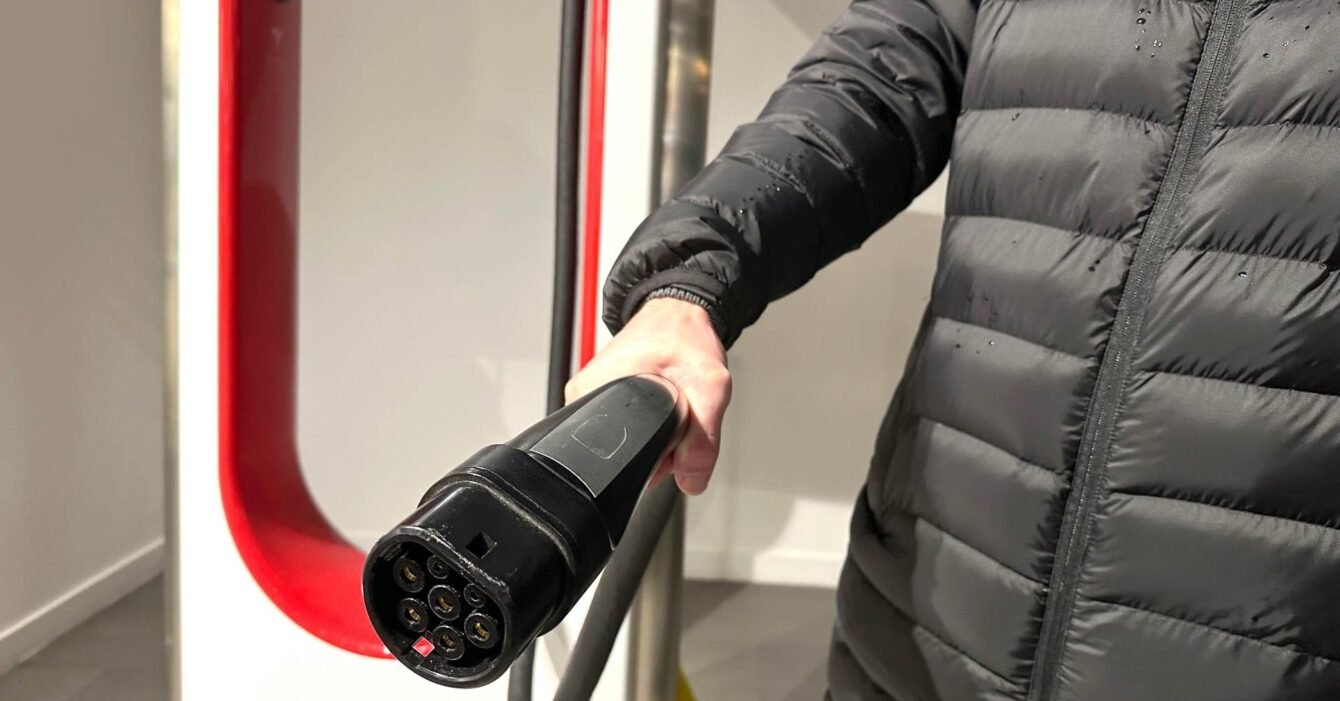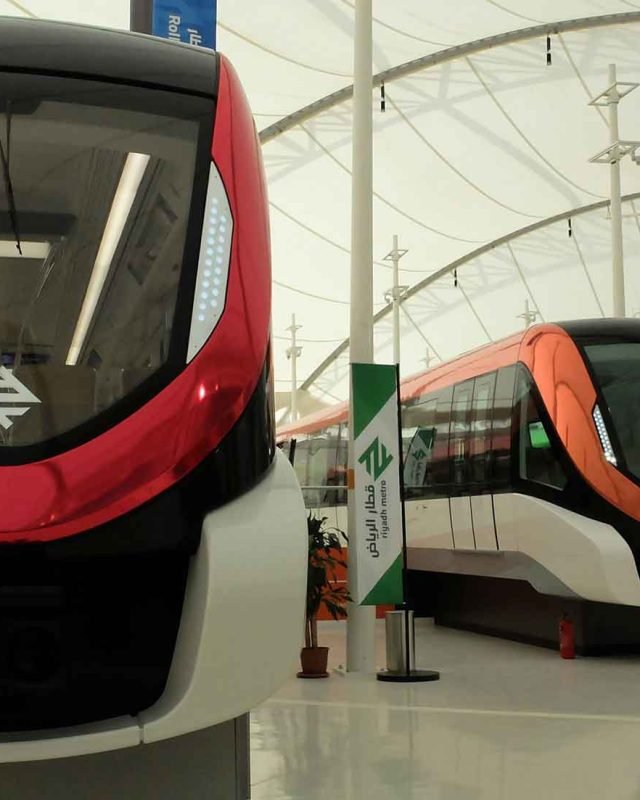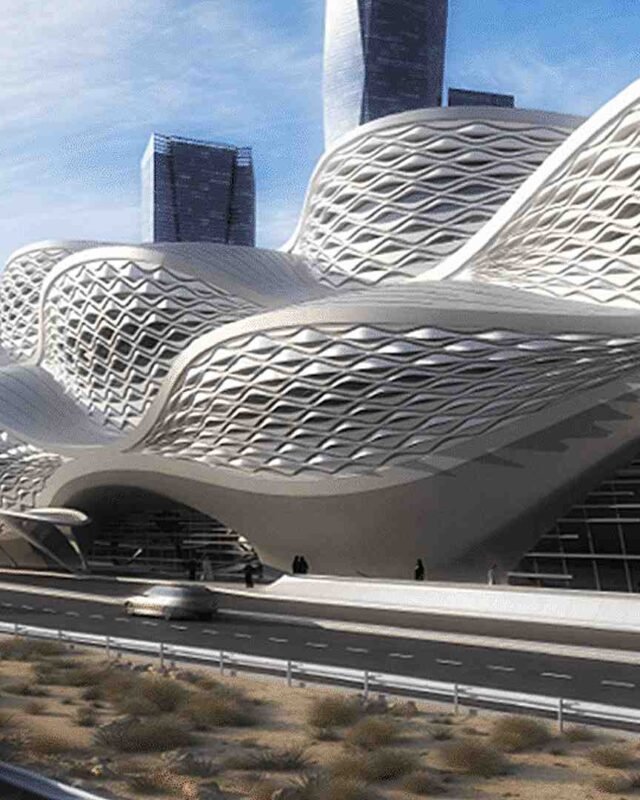Tesla’s Expansion in Saudi Arabia: Key to 30% EV Adoption?
Saudi Arabia’s EV adoption is still in its early stages, but momentum is building fast as the kingdom accelerates its push for Saudi mobility enhancements. Between 2021 and 2023, the number of registered electric vehicles skyrocketed by 425%, growing from just 375 to over 12,000 in two years. Market analysts predict EVs will make up 15% of all new vehicle sales in Riyadh, Jeddah, and Dammam by 2025—highlighting a clear shift toward sustainable mobility and reinforcing Saudi Arabia’s broader efforts in modernizing transportation infrastructure.

This growth coincides with Saudi Arabia’s Vision 2030 strategy, which aims to make 30% of Riyadh’s vehicles electric by the end of the decade. However, the road ahead is not without obstacles—challenges such as charging infrastructure gaps, extreme heat impacts on battery performance, and consumer adoption hurdles still need addressing. Yet, with Tesla’s arrival in the kingdom and Lucid Motors scaling local production, Saudi Arabia is making decisive moves to accelerate its EV transition.
Tesla’s Arrival Ignites EV Momentum in Saudi Arabia
A new era began when Tesla launched its first showroom and service center in Riyadh, marking its official entry into the Saudi market. The company introduced Model 3, Model Y, and Cybertruck to Saudi consumers, with pop-up stores in Jeddah and Dammam fueling curiosity and engagement.
For Tesla, expanding into Saudi Arabia was never a certainty. The company’s history with the kingdom had its rocky moments—particularly when CEO Elon Musk claimed in 2018 that Saudi’s sovereign wealth fund would help take Tesla private, a deal that never materialized. Despite past tensions, Tesla has now entered one of the fastest-growing EV markets in the region, where government-backed sustainability initiatives align with Musk’s vision of electrification.
Also Read: Tesla to Enter Saudi Arabia: Saudi’s EV Expansion in 2025
The Charging Challenge: Saudi Arabia’s Infrastructure Needs a Boost
Saudi Arabia’s limited charging infrastructure remains one of the biggest hurdles to EV expansion. Unlike more mature EV markets, charging stations are still sparse across the kingdom, raising concerns about range anxiety for early adopters.
Recognizing this gap, Saudi authorities are committing substantial investments to build a nationwide charging network, ensuring that Tesla, Lucid, and other automakers have the necessary support systems for their vehicles. The government’s plan includes installing high-speed charging stations in urban centers, expanding networks along major highways, and promoting home-charging solutions for residents.
Lucid’s Saudi Ambitions: Billion-Dollar Investments to Dominate Green Mobility
While Tesla’s arrival has generated buzz, Lucid Motors has been quietly laying the foundation for a long-term presence in Saudi Arabia. The company, backed by Saudi Arabia’s Public Investment Fund (PIF), is constructing its first international manufacturing plant in Jeddah, reinforcing its commitment to localizing EV production in the kingdom.
Lucid’s facility will serve as a regional hub, producing thousands of high-performance EVs annually for Saudi and surrounding markets. The plant’s establishment aligns with the kingdom’s objective of developing a robust EV supply chain, reducing reliance on imports while positioning Saudi Arabia as a leader in global EV production.
The company’s deep ties with Saudi leadership provide a competitive advantage, allowing Lucid to secure government-backed contracts and incentives that strengthen its foothold in the region. While Lucid’s stock has faced turbulence abroad, its presence in Saudi Arabia signals a long-term strategy rather than a short-lived expansion effort.
Also Read: Green Technologies Powering Saudi Arabia’s Mobility Revolution
Can EV Batteries Handle Saudi Arabia’s Intense Heat?
Technology alone won’t be enough—Saudi Arabia’s scorching temperatures present a unique challenge for EV batteries, requiring automakers to adapt their thermal management systems for extreme conditions.
Lithium-ion batteries are highly sensitive to heat, with studies showing that sustained exposure to high temperatures can degrade their lifespan and reduce energy efficiency. To counteract this, Tesla and Lucid are integrating advanced cooling technologies, including liquid cooling systems and heat-resistant battery materials, to optimize performance in hot climates.
Saudi Arabia’s automotive industry is also exploring next-generation battery solutions, including solid-state battery technology, which promises higher efficiency and improved durability in extreme temperatures. If successful, these advancements could push Saudi’s EV ambitions forward faster than expected.
Saudi Mobility Enhancements Signal a New Era for Transportation
Saudi Arabia’s rapid embrace of EV technology, foreign partnerships, and infrastructure expansion signals a future where electric mobility is central to transportation. Tesla’s entrance provides market validation, while Lucid’s local manufacturing expansion strengthens Saudi’s position in the EV sector.
However, hurdles remain. Charging infrastructure, battery durability, and affordability concerns must be addressed to ensure Saudi Arabia meets its 30% target by 2030. Despite these obstacles, the kingdom’s rapid EV adoption rate—rising 425% in just two years—suggests that the transition is well underway. As Saudi Arabia cements its role in green mobility and sustainable transportation, all eyes will be on whether it can achieve its ambitious electrification goals.
Also Read: Saudi Healthcare R&D Surge: $3.9B Invested Since 2021



